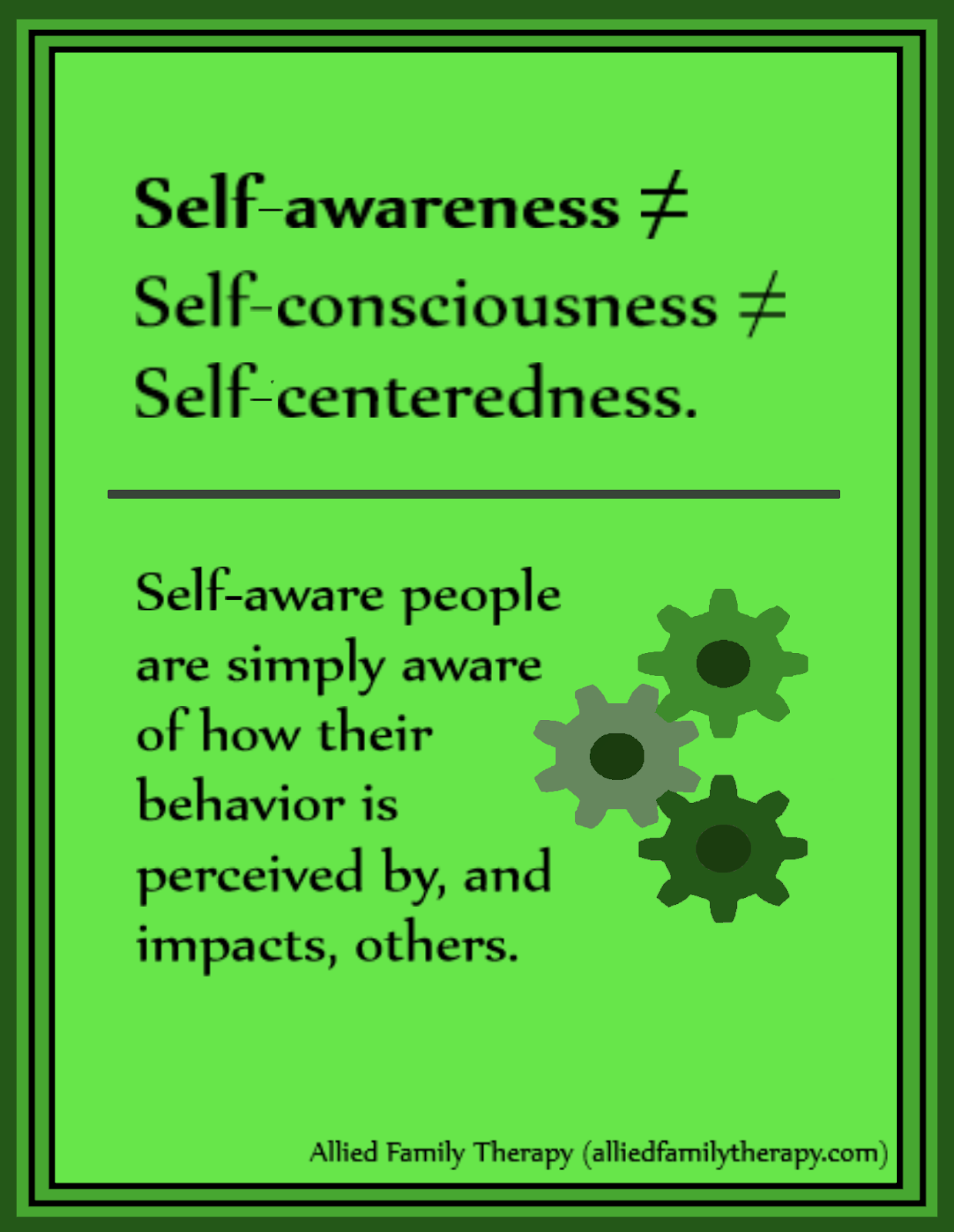
One crucial benefit of kindness is that it affects the brain by reducing stress. This has also benefits for memory, learning and brain function - what a nice cocktail, right? In addition, kindness naturally adds to this mix serotonin and dopamine, the neurotransmitters that regulate our mood and increase happiness. This, in turn, makes us feel more connected to the other person. Oxytocin is generally released when we are physically intimate or during breastfeeding, but we also tend to produce it when being kind.

Oxytocin is known to boost our sociality, make us friendlier and enhance our empathy, while also physically reducing blood pressure. When we act with kindness, our brain releases oxytocin, a hormone known as the bonding hormone.

Still curious? Here are five science-backed perks of kindness that beneficially affect your brain: In other words, the kinder you are, the more individuals you help, and the better you will feel – mentally and physically. Different treatment methods, among which therapy and meditation, acknowledge the impact that kindness has on the human mind. Kindness impacts the brain directly, releasing essential hormones that have an effect on our overall well-being and mood. Besides improving our satisfaction and gratification, being kind actually makes us healthier and happier. Kindness isn’t just about doing something nice. This is because even simple things, such as a gentle touch, effectively affect us in incredibly powerful ways by firing different areas of our brain. For instance, think about how our nervous system responds to the loving actions or words of someone we feel close to. Well, this is not just a feeling in your brain, as it actually activates its biochemicals too. Have you ever experienced the heartwarming rush of fulfilment that fills you up when you’ve done an act of kindness? Whether it is helping with groceries, giving a compliment or simply smiling at a stranger. We can then safely say that the power of kindness is not simply a metaphor, rather it has solid foundations in our brain wiring. In all respects, kindness is not only a personal quality, but also an inherited and etched instinct that we all share on a cellular level, deep within our physiology. Just think about our fellow ancestors! In challenging environments, it was the willingness to work together, share food and resources, and the creation of a good support network that ensured you can be here today reading this article.

According to the biologist, cooperation and sympathy are winning weapons for humanity’s evolutionary success.Īs social animals, we are naturally programmed for kindness. In fact, when it comes to survival, kindness pays off. This phrase has been wrongly attributed to Darwin and it is often misunderstood.

And, as Darwin himself hinted, it has been an indispensable trait to our survival as a species.Ĭontrary to what many might think, it is not all about the survival of the fittest. Evolutionary speaking, our brain is biologically wired for kindness. Kindness is a living system that hovers and evolves from a single spark and spreads from one person to another like a self-feeding spiral.Īs human beings and social creatures, we thrive on it. There is something particularly stunning in being kind.


 0 kommentar(er)
0 kommentar(er)
